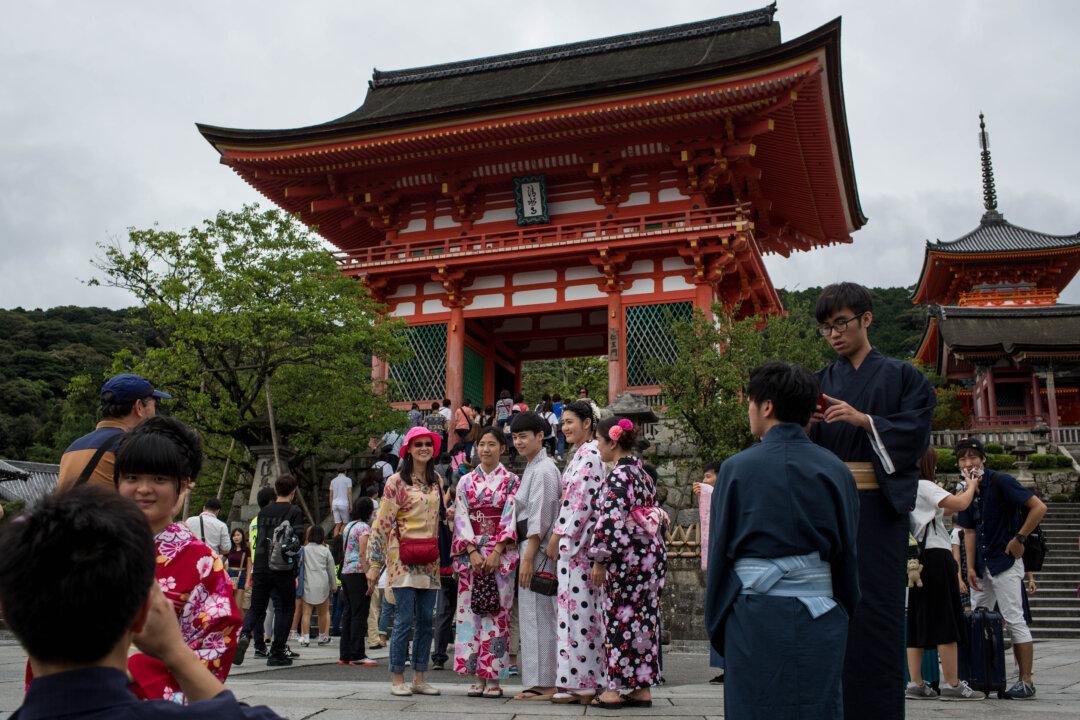As 2023 nears its end, the Taiwanese representative office in Japan unveiled the latest findings on how Japanese perceive Taiwan. The survey reveals a remarkable contrast: Japanese hold the highest regard for Taiwan in Asia, while their views on China, particularly the Chinese communist regime, are notably less favorable. This sentiment echoes earlier survey results, indicating a mutual high regard between Japan and Taiwan, and a concurrent decline in China’s favorability.
On Dec. 18, the Taipei Economic and Cultural Representative Office in Japan (hereafter, Taiwanese Representative Office) shared insights from this year’s public opinion research. Conducted from Oct. 30 to Nov. 1, 2023, by a polling agency commissioned by the Taiwanese Representative Office, this survey spanned Japan’s residents aged 20 to 89, gathering data from 1,000 participants. The survey boasts a confidence level of 95 percent.





